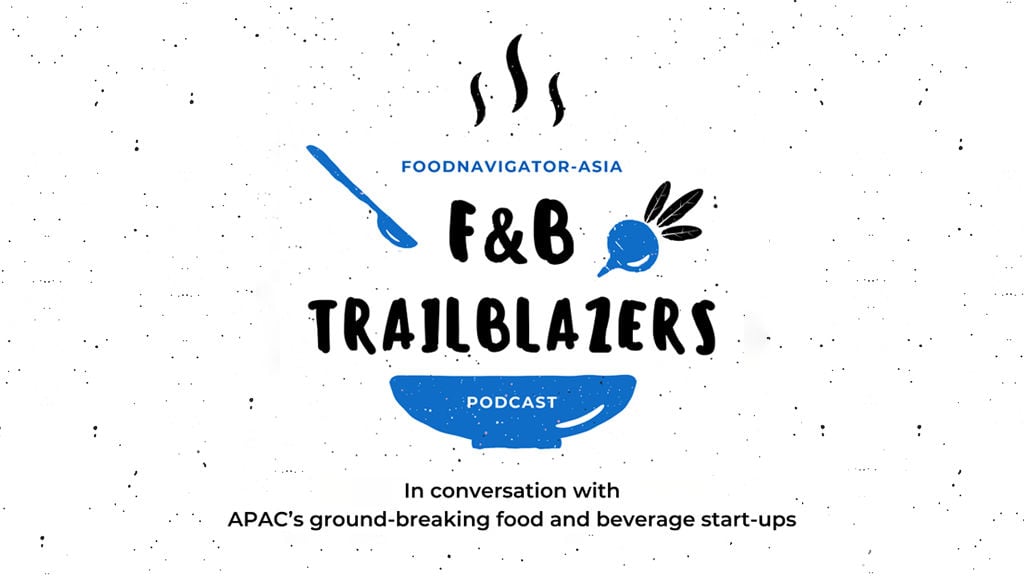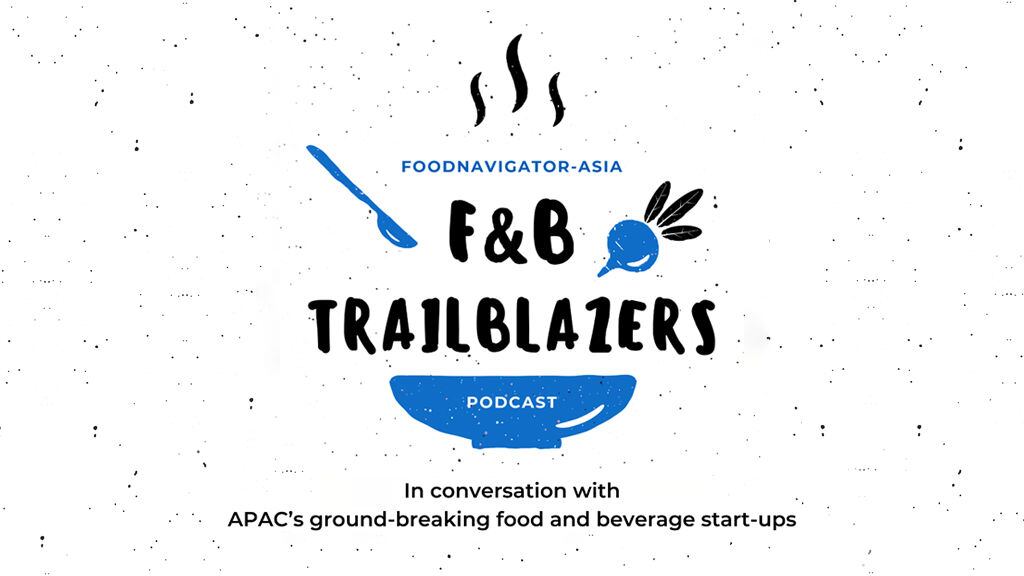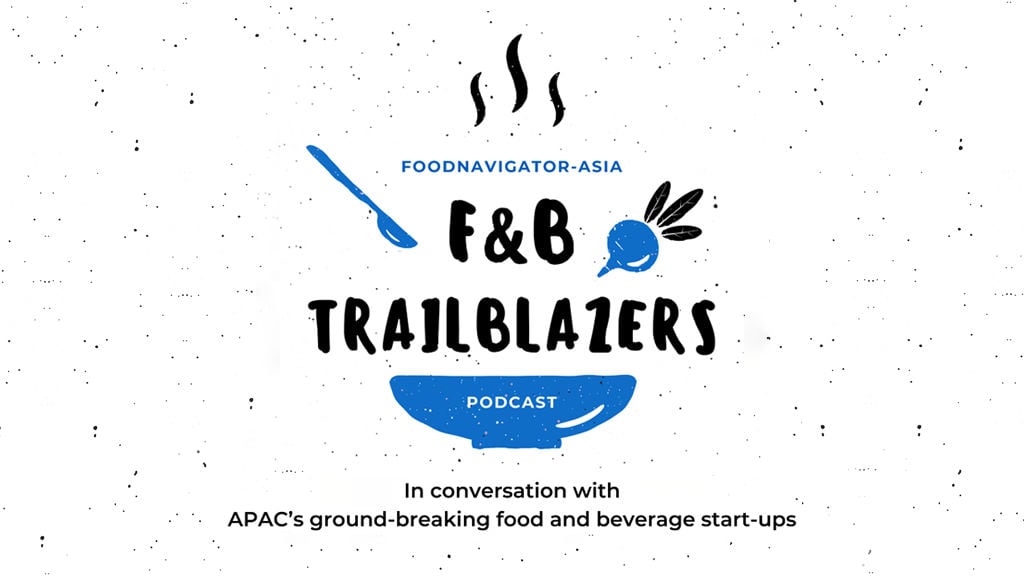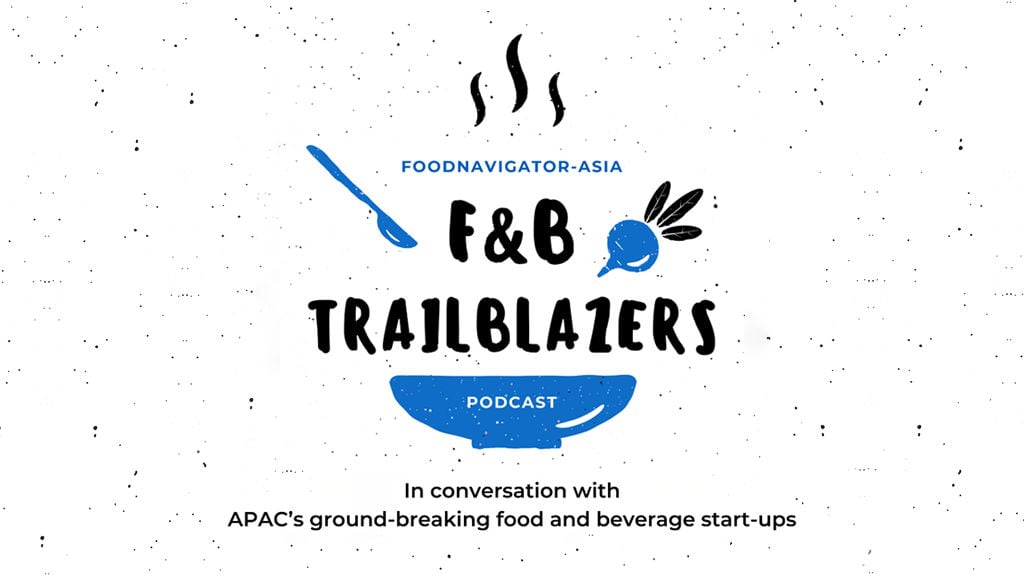According to Vitality Foods Co-Founder and Chef Sowmiya Venkatesan of Masterchef fame, the elderly population of today are very different to what was considered the elderly of a generation ago, and the food sector needs to evolve accordingly to meet their needs.
“A lot of senior-targeted food and beverage products today end up looking more at things like dysphasia or other last-mile products, but Vitality Foods wants to play in a market segment that is much earlier than that,” Venkatesan told FoodNavigator-Asia.
“The seniors in this demographic are also very different from before, where they are looking for trends like clean labels and all-natural ingredients – and being much more well-travelled and adventurous, are also looking at global cuisines and tastes or flavours.
“This means they are also much more knowledgeable than before in what they want from their food, including in terms of it being healthier, anti-ageing, and making them more energetic – an area where there are not that many food solutions currently catering to this group.”
This demographic is considered the more ‘active seniors’ group, usually those that have either retired or are well-past retiring age and still working out of choice or need, and remain both mobile and able to consumer regular foods and beverages.
“We don’t intend to only stick to this senior demographic as we want to provide products for multiple demographics that are underserved and have unmet needs, but that is certainly where we are starting,” she added.
“It is also part of my imperative as a chef to make things from scratch from fresh, natural ingredients, such as with our plant-based beef, pork, fish and chicken stocks.”
“We are looking more at innovating now for the B2C space, which means creating more instant and convenient products such as noodles or congee as opposed to the stock for proper cooking – but the ethos remains the same.
Venkatesan first made a name for herself in the food and beverage sector when she emerged as the fifth-runner up in season one of MasterChef Singapore despite coming from a completely technology and marketing background.
“MasterChef is the main reason many doors opened so quickly for me in the food and beverage space, and really the way the competition is organised the learning curve there is not a curve but more of a straight line that pushes contestants to think out of the box,” she said.
“That out-of-box thinking also broadens one’s horizons in terms of capabilities, learning and also starts helping us see the science behind food and why a dish is made a certain way, has a chronology as to how ingredients are added and so on – a crash course of sorts to the food world.”
Listen to the podcast above to learn more about Venkatesan’s journey.





